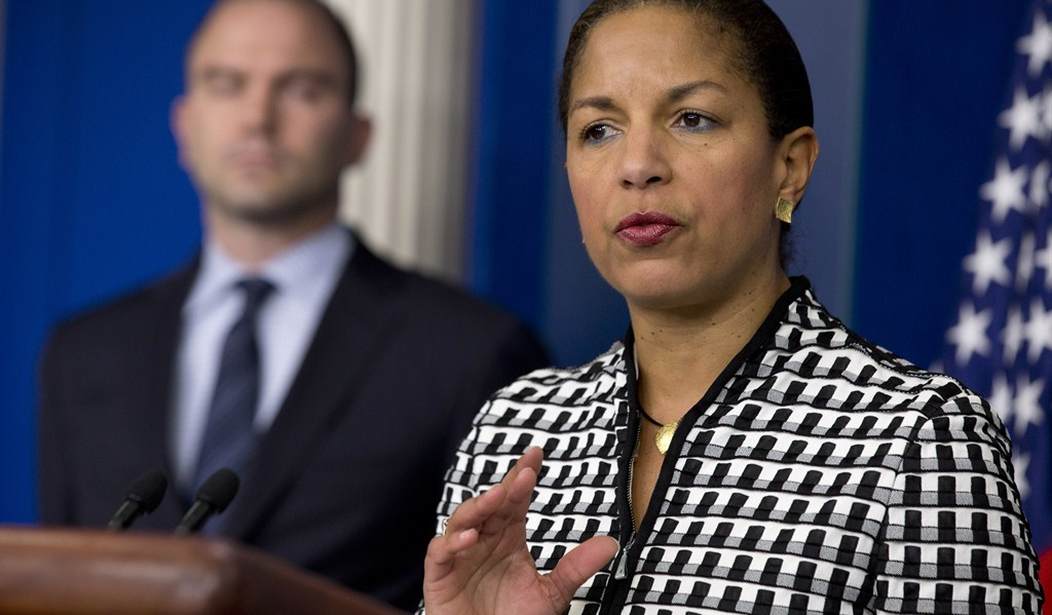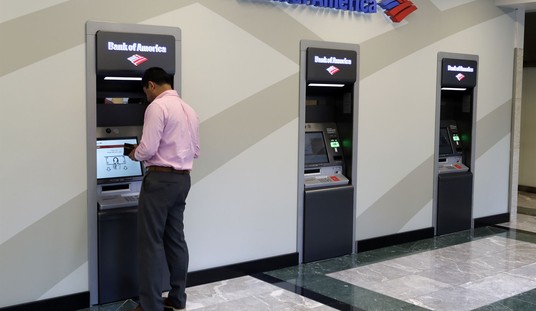The unmasking of Americans through intelligence intercepts used to be rare. Now, it seems like it’s happening at an average of at least once a month on Capitol Hill. Congressional figures are being incidentally collected and then unmasked. The incidental collection part might not be shocking, as members of Congress communicate with foreign powers and the lines get crossed. The unmasking could be the sticky wicket. As Sara Carter and John Solomon of Circa reported, how Congress notified when intelligence officials catch House and Senate members, along with their staffers, in intercepts. They’re not told about any unmasking unless there is a national security (or hacking) issue. Sen. Chuck Grassley spoke with the news outlet about how it may be time for Congress to demand more transparency on the matter.
Grassley was notified that he was caught through incidental collection. Meaning he was speaking to someone under the microscope of the National Security Agency through Section 702 of the FISA law. Sen. Dianne Feinstein was the recipient of a rare admission from the CIA: they were spying on Democratic staffers’ computers at the Senate House Intelligence Committee. As Carter and Solomon reported previously, the Obama White House lowered the threshold in the minimization protocol, the safeguard that redacts and protects the privacy of Americans caught through incidental collection, which could lead to political espionage. Rice’s request to unmask at least one member of the Trump’s transition team shows the lowering of that standard in action. Rice didn’t cite the pressing national security matter that would prompt such an action:
The U.S. government’s foreign surveillance sweeps up American lawmakers and their staffers so routinely now that Congress is alerted as often as once a month that its employees involved in intercepted conversations have been unmasked and their identities shared with intelligence or law enforcement agencies, Circa has learned[…]
Often though, the affected lawmakers or congressional aides aren’t told about the unmasking, unless it involves a security or hacking threat. So some affected lawmakers may not know about their appearance in unredacted executive branch intelligence reports, according to intelligence community sources, who spoke only on condition of anonymity.
[…]
"While unmasking can be important to understand intelligence in very limited situations, something is wrong if Congress and other Americans are routinely being unmasked in surveillance reports that are supposed to be focused on foreign intelligence,” Grassley said. “Separation of powers and accountability for the intelligence community are vital to protect civil liberties and ensure public support for the intelligence gathering authorities needed to protect national security.
“Americans need to be able to trust that these national security tools aren’t being abused for political purposes," Grassley said.
[…]
Thanks to rules Obama got approved by the FISA review court in 2011 and adapted again in 2015 and just before he left office in January, almost anyone in the intelligence community can request unmasked information and get it if they can prove they need it to better understand raw intelligence.
That’s a low threshold, and even intelligence professionals who pressed for the loosening of the rules acknowledge that without careful safeguards such unmasking can be abused for political espionage or other non-security related reasons.
Recommended
The reasons for the lowering of the threshold was to preempt lone-wolf terror attacks, cyber espionage, and hacking—anything that presents itself as a nightmare in the digital age.
Fox News’s Catherine Herridge and Pamela Brown reported that in 2015, around 25 percent of all 702 reports from the NSA unmasked an American citizen’s identity:
The Office for the Director of National Intelligence, which oversees the 17 intelligence agencies, said "...in 2015, NSA disseminated 4,290 FAA Section 702 intelligence reports that included U.S. person information. Of those 4,290 reports, the U.S. person information was masked in 3,168 reports and unmasked in 1,122 reports."The report said "NSA is allowed to unmask the identity for the specific requesting recipient only under certain conditions and where specific additional controls are in place" and those conditions were met for "654 U.S. person identities" in 2015.
That means Americans were identified in 26 percent of the cases, or roughly one in four intelligence reports.

























Join the conversation as a VIP Member